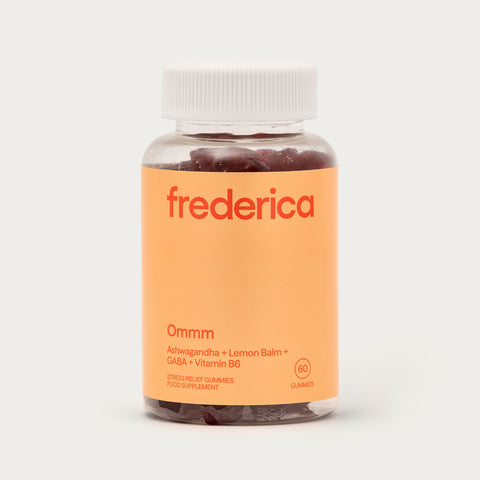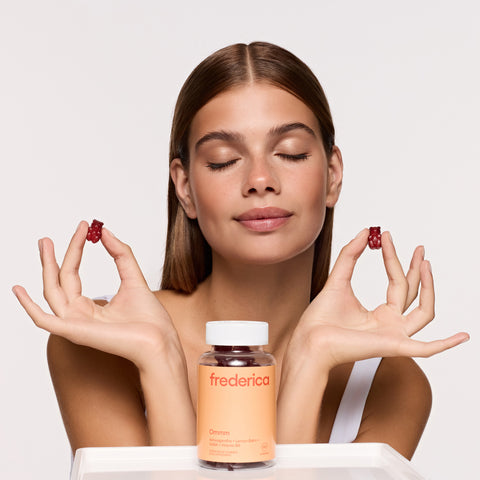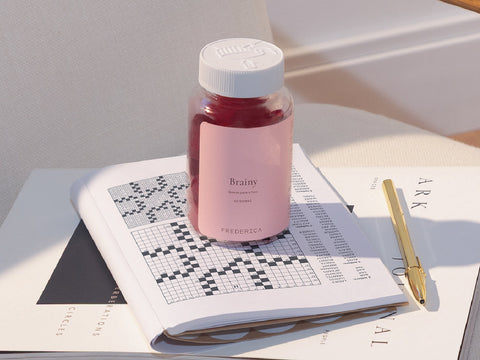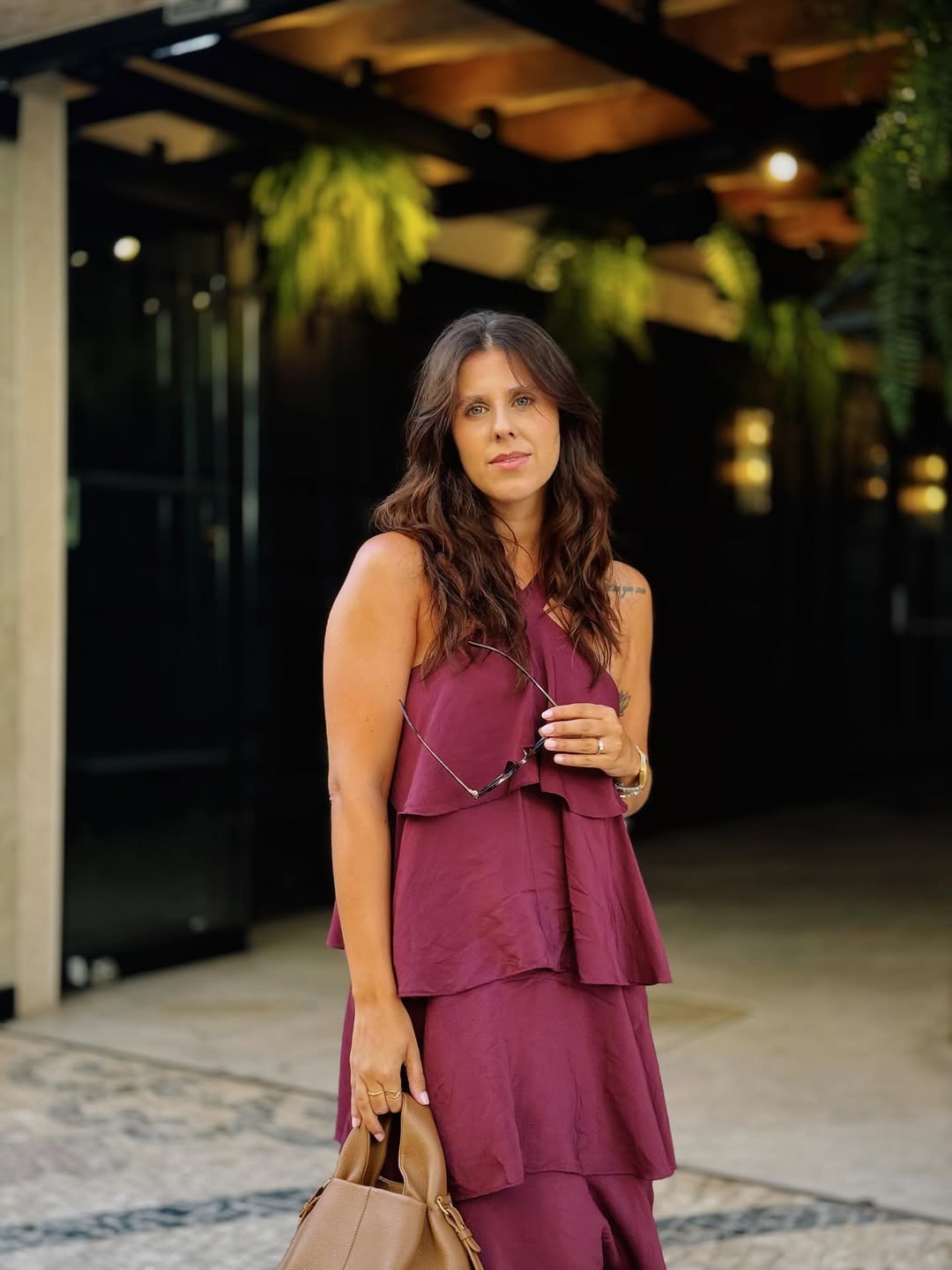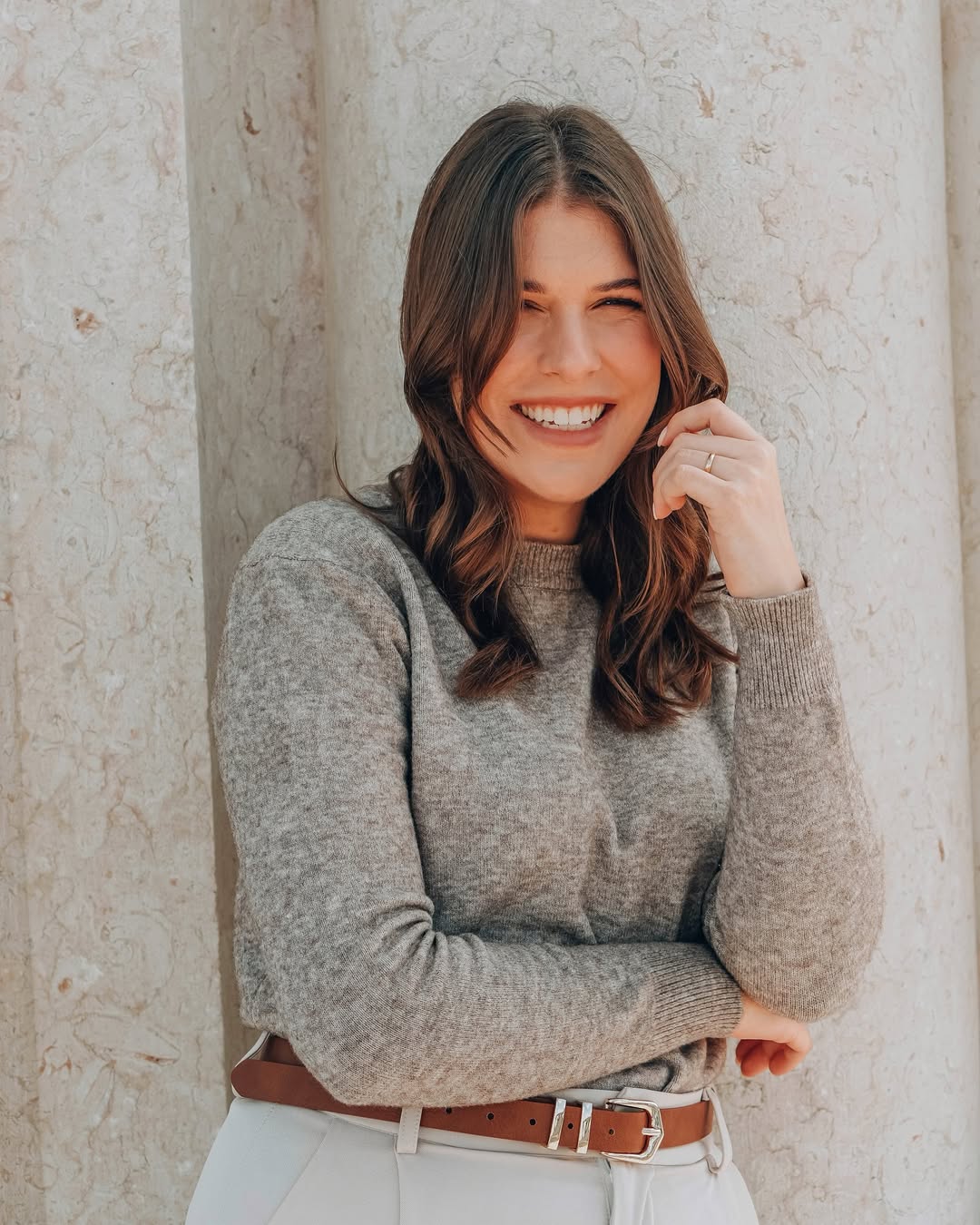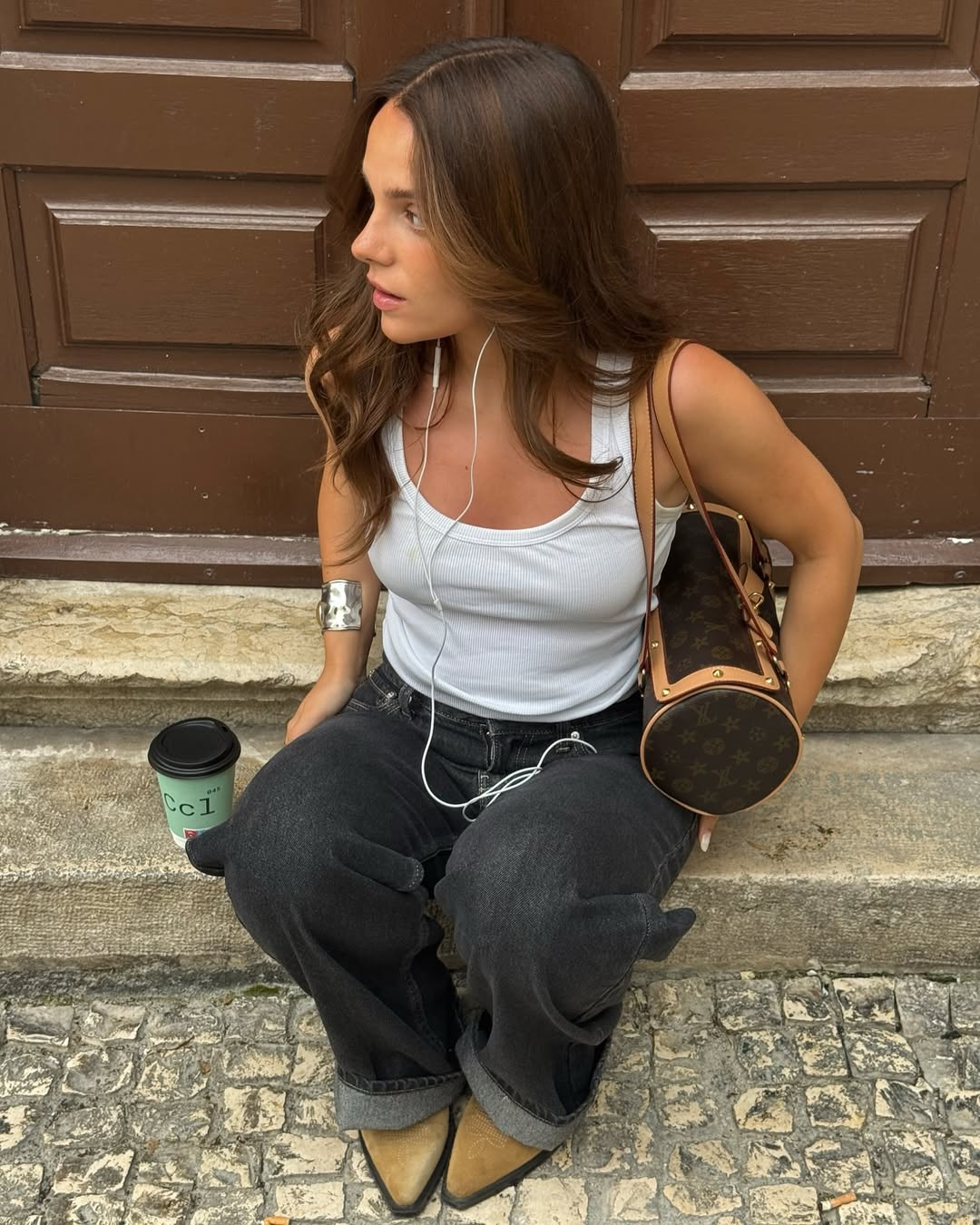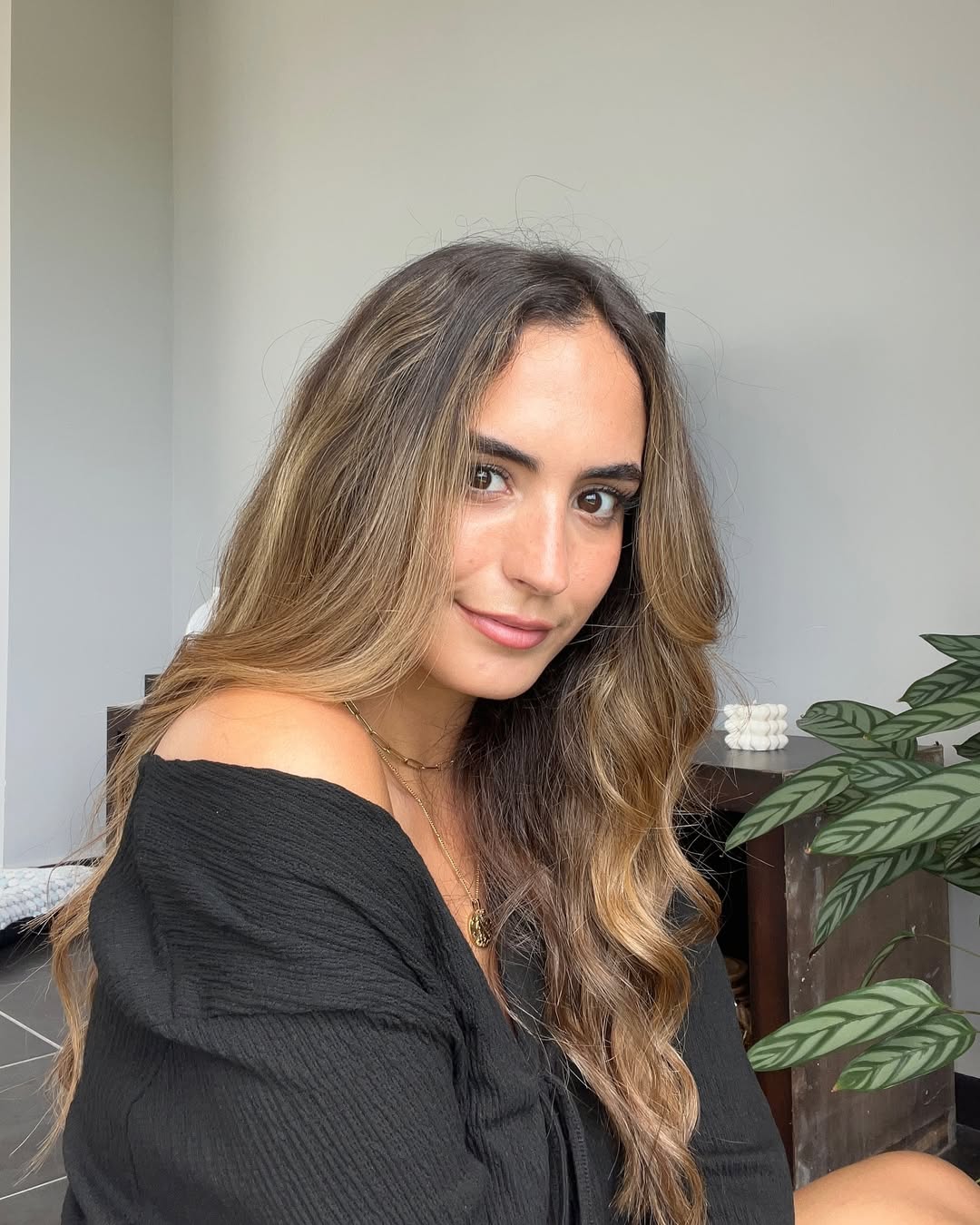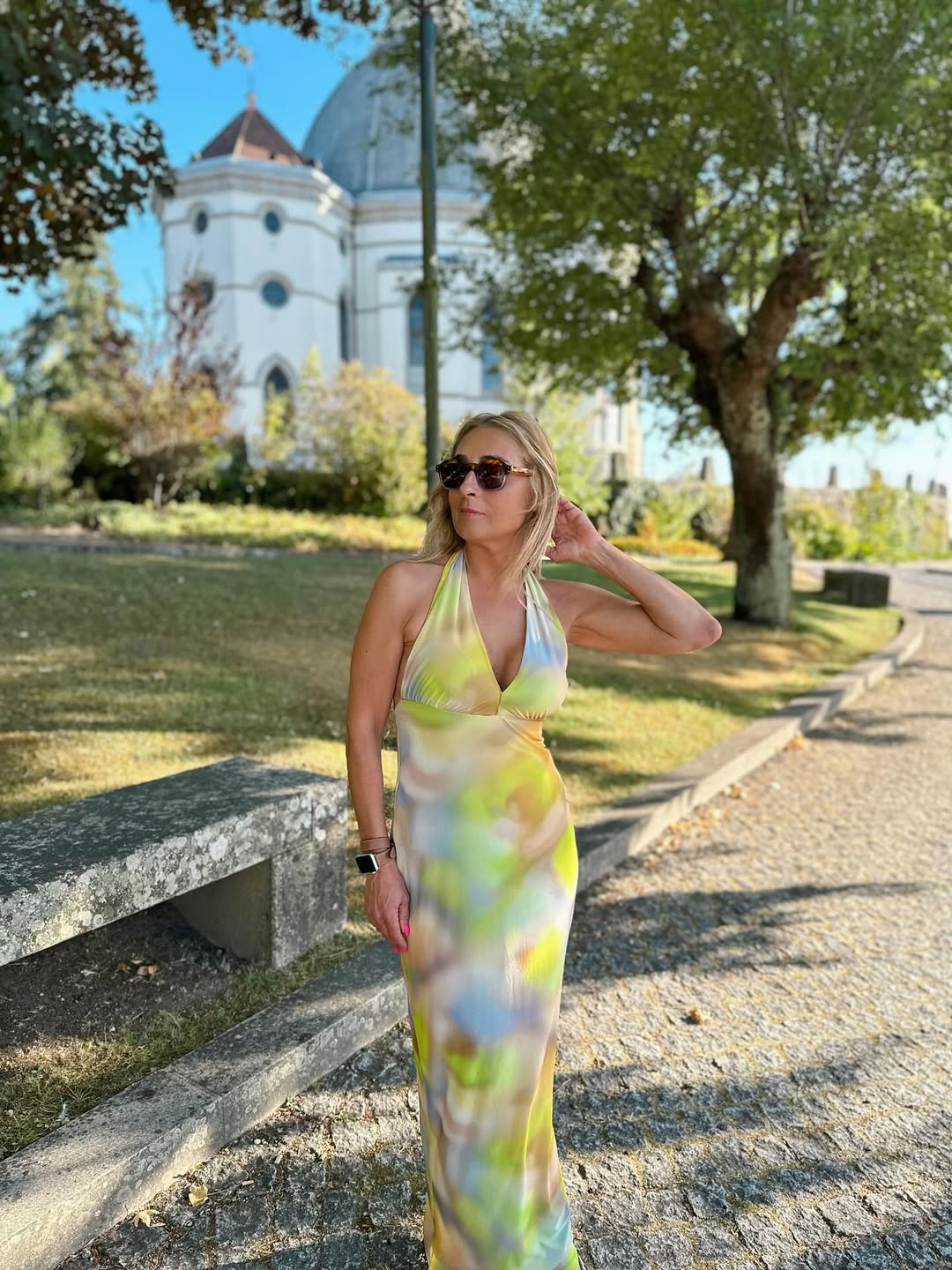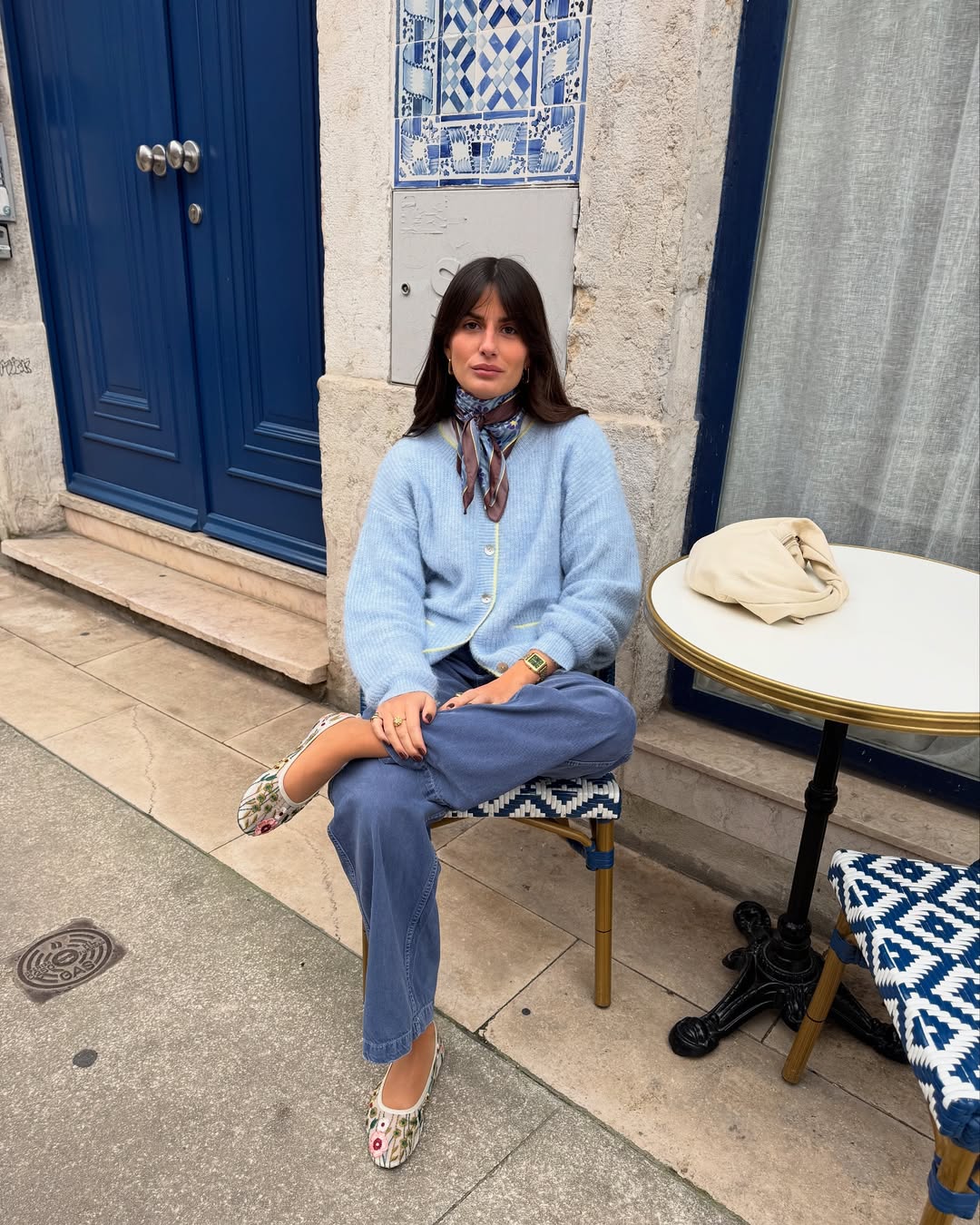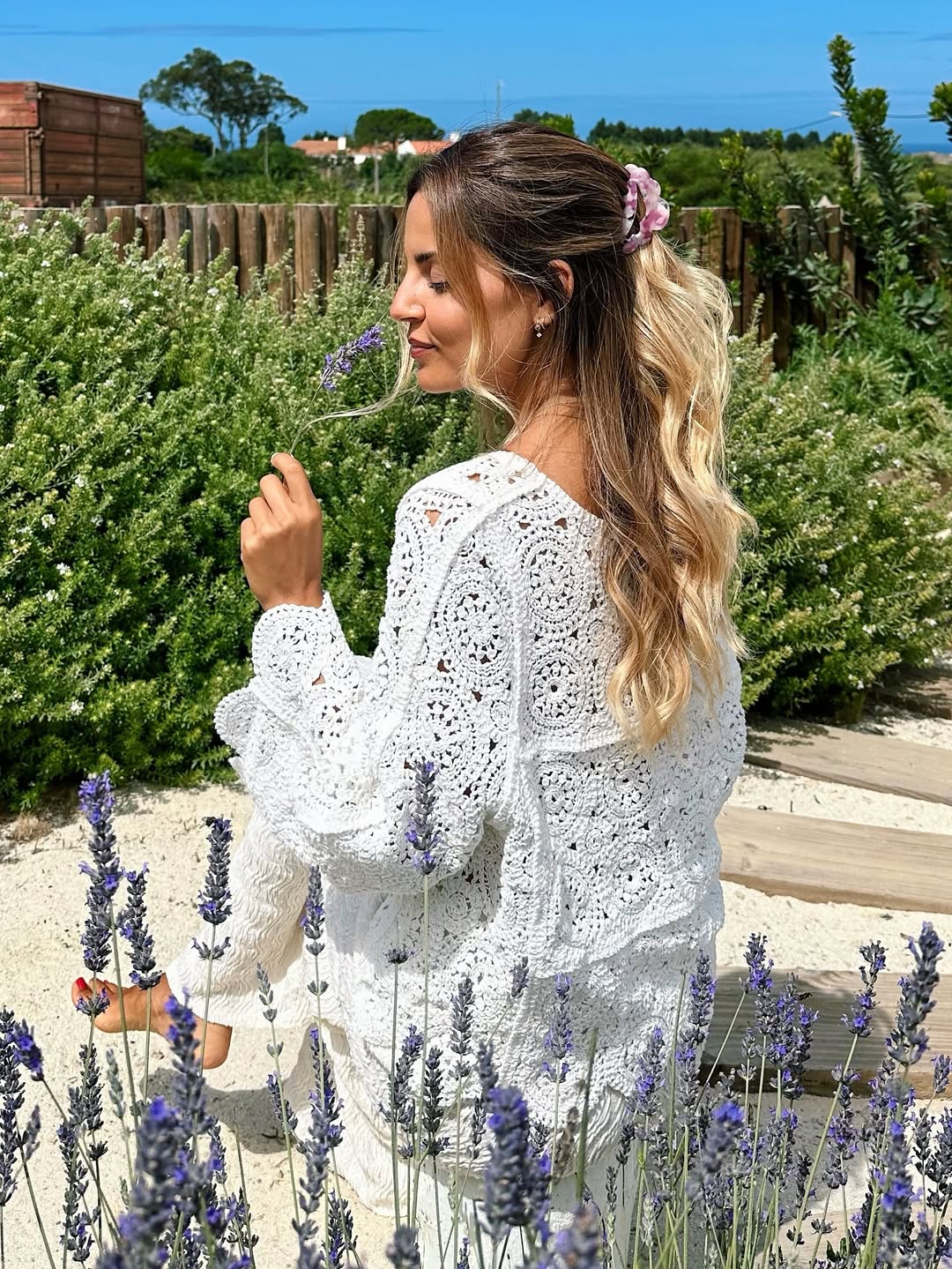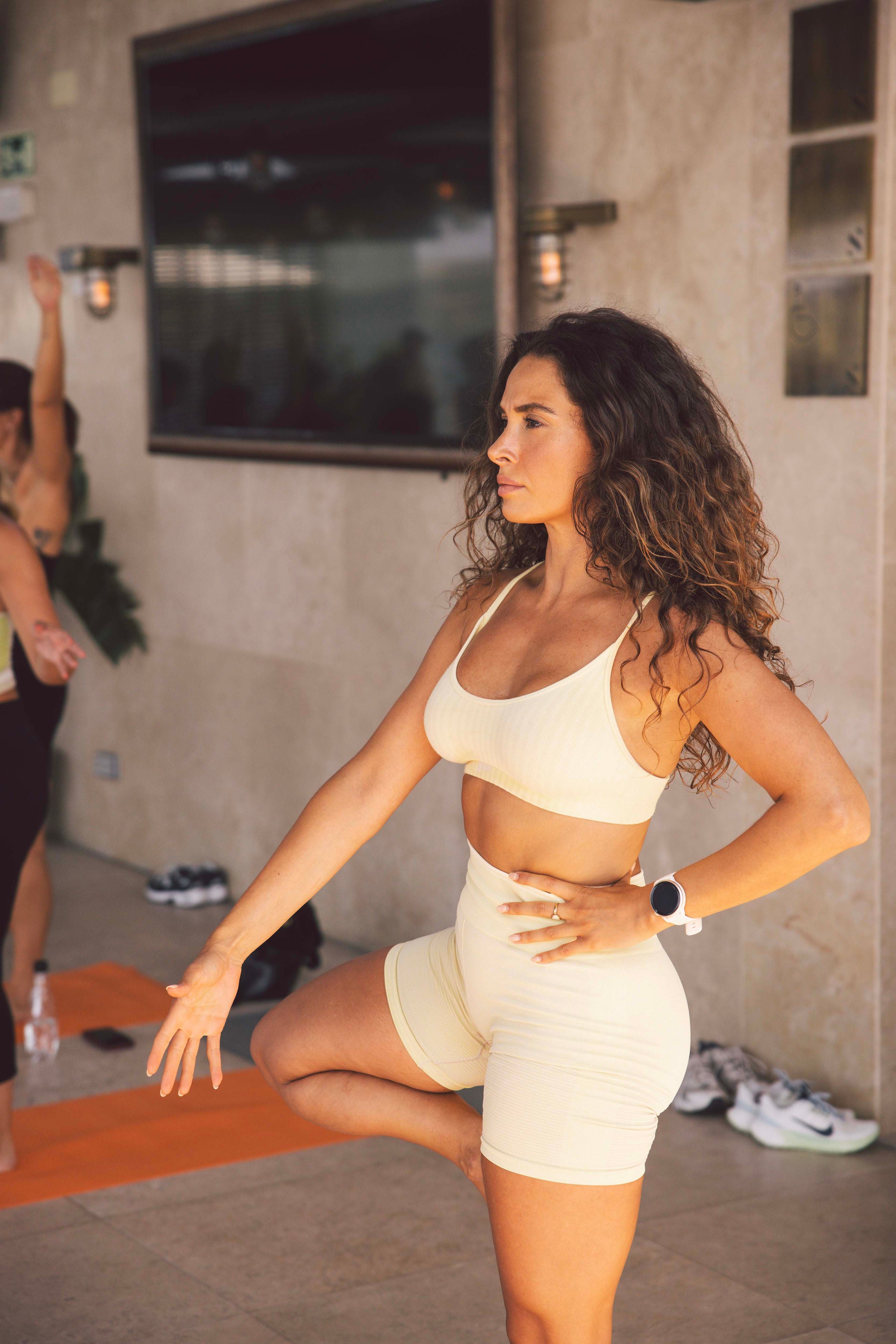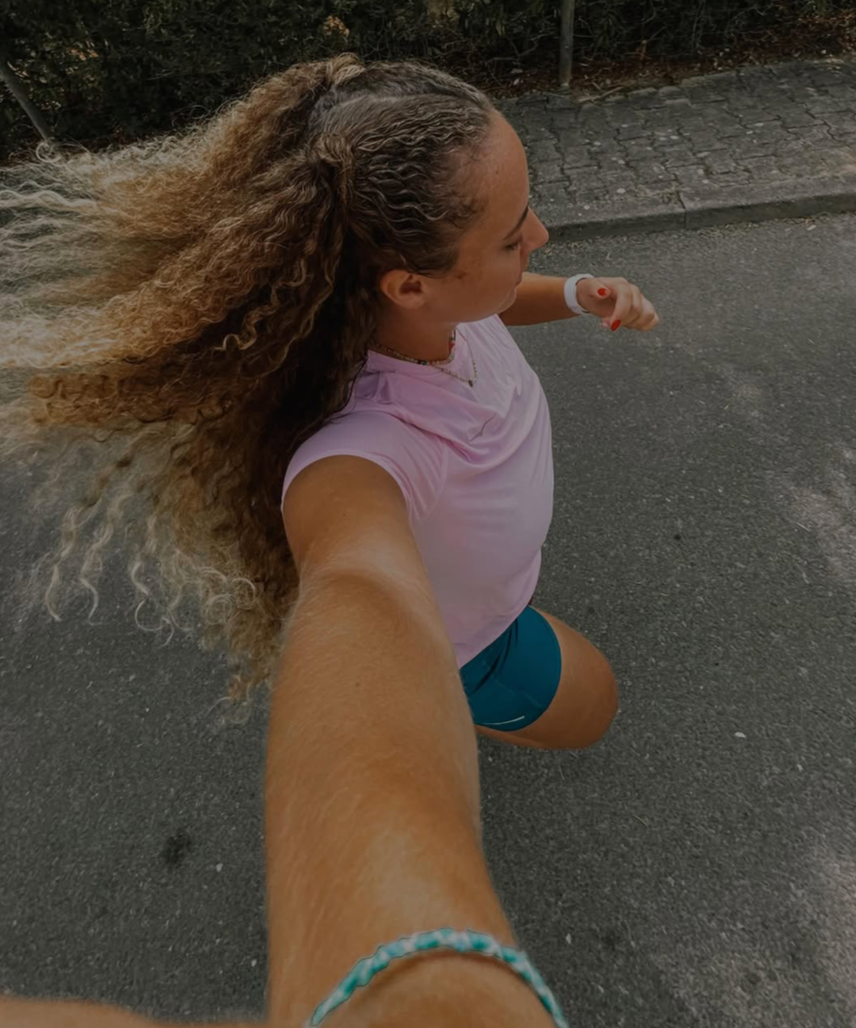The word "vacation" is fraught with expectations. It's a little box that supposedly holds rest, fun, laughter, and relaxation. It's supposed to be an eraser that erases the tiredness and worries stemming from a year full of work and problem-solving.
So why, so often, right? Why, over and over again, do we end up feeling even more tired and sad? Or even more depressed than before? There could be two reasons for this:
- False expectations and lack of organization (in relation to mentally scheduling several different activities/the desire to get a lot done);
- Lots of free time without entertainment.
The first reason presented here may be the trigger for frustration. Consider this: imagine you have 15 days of vacation in the summer, and the other two weeks you're entitled to (or decide to take) are spread out over the other months of the year or around Christmas. In principle, your main vacation will be those that coincide with the social norm (and are common to most people), falling in the summer.
What we see is that many people schedule (even if only mentally) many activities for these two weeks. For example: besides spending a few days at the beach (or not going anywhere at all, but actually spending a few days doing nothing special), they also plan to do "big cleaning" or paint the house, etc. They plan to finally fix the fireplace, ready for winter, and they even plan to visit Aunt Judite, who lives 100 kilometers away. And, in between all this, they plan to have more leisure time and sleep in.
Often, what happens is that scheduled and intended activities take more time than we imagine. As such, it can happen that, during those 15 days, all we managed to do was take advantage of those days to go somewhere, because it was already planned, but the cleaning wasn't finished, nor was the fireplace repaired. The visit to Aunt Judite was rushed and already under some tension. And there were no moments of leisure, nor many mornings spent sleeping in.
Not accomplishing the tasks you set out to accomplish during your vacation brings anguish and frustration. And, during the holidays, what was likely on the emotional table was anxiety—the urge to accomplish everything you had planned. This anxiety continued to wear down the brain and nervous system, which controls everything.
Obviously, this way, no one rests because there's excess energy to be expended, and we're already tired. At the end of the vacation, looking back at the time that has passed and feeling that, not only did we not rest at all, but we also didn't accomplish the desired tasks, is the trigger that leads to depression.
Lack of strength, energy, and sadness (with or without inconsolable tears) can be conditions that characterize how you ended your so-called vacation, knowing that tomorrow you have to return to work. It's a very unpleasant feeling and difficult to console. We know that, now, only at Christmas or next summer will we have another opportunity to enjoy a well-deserved break. Will it be? Or is there another way to make up for all this, all this apparent lost time? Good news! Yes, there is a way to make up for those frustrated vacation days. As always, it will depend on you, how open you are to the subject, and whether you try to put some tips into practice. Below, I discuss some tricks that can help reduce fatigue and have some moments of "vacation," even during the week, throughout the year.
Before we get to that, we need to talk about the second possible reason, the second reason that can similarly trigger post-vacation depression: too much free time without activities. Strange, right? It should be the other way around.
There's an area of our brain ( Default Mode) that becomes active when we decide, for example, to sit down and try not to think about anything. This area, the "worry zone," so to speak, is immediately activated, reminding us of what might be less beneficial for us. So, if we don't purposefully focus on something (preferably positive), the likelihood of thoughts related to what affects us most in life is very high.
Therefore, after a year full of cerebral entertainment, with few quality breaks, it may happen that, in these days of supposed leisure, with more time on our hands, without being so entertained, there is an encounter with our Self and with some reality we have been avoiding. This encounter with what has been ignored can be quite overwhelming and can bring to the surface less pleasant feelings, causing very unpleasant physical sensations.
Tips for overcoming post-holiday depression
Of course, none of the following tips replace the need for professional intervention if you feel you're not improving. In any case, there's no harm in trying.
- Don't forget the basic tips from the article Stress and Anxiety Management (taking quality breaks a few times a day, eating well, sleeping well, playing sports, socializing, etc.).
- Eating lunch and dinner outside of work is very important. If you're working remotely, don't eat lunch in the office or at your desk. It's important to take a break from screens and notifications.
- At lunch and/or dinner/snack time, you should go outside, even if it's just for 15 or 20 minutes, and rest your gaze on another landscape, breathing deeply and consciously (if possible, always without a mask). Treat weekends as vacation days (really!). If you schedule something, don't overplan. Non-leisure activities should be minimized and, ideally, shouldn't take up more than one afternoon on those days. Some people prefer Saturday afternoon to do this, to have Sunday completely available.
- Communicate more and better with those you want to help you. Otherwise, don't expect someone who's used to doing nothing to be willing to help you.
- During the day, when you go to the bathroom, observe yourself and talk to yourself. Try to understand how you are and what you need at that moment. Try to do something for yourself that day.
- Repeat point 4 and make your weekends vacation days, where you can even do one or two household activities, but you can also go out, relax and rest.
If you don't organize your rest better, even if you have many people who love you, no one will do it for you. All of these people are similarly trying to live their lives as best they can. Do the same and recover your Self and your life energy.
Vanda do Nascimento is a therapist, coach, and mindfulness instructor at the Escola de Mindfulness Essencial , which she founded in 2016. She began her career as a teacher in 1997, graduating with a degree in Pedagogy. Around the same time, she also began studying Reiki, Meditation, and Mindfulness. She later pursued psychology and delved deeper into mindfulness to continue her struggle to manage stress and anxiety.



